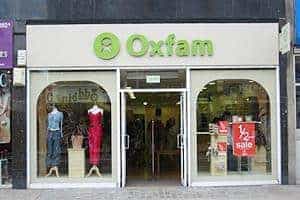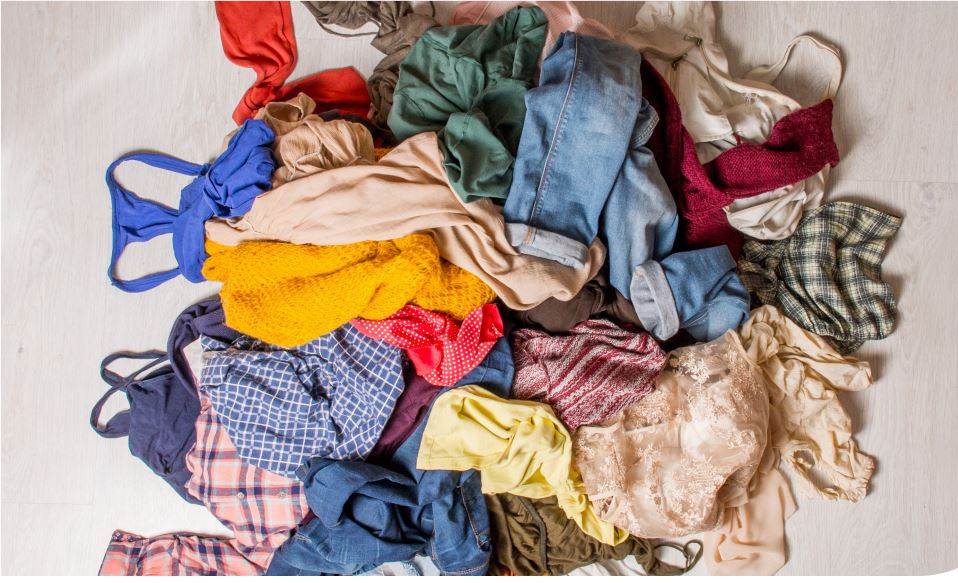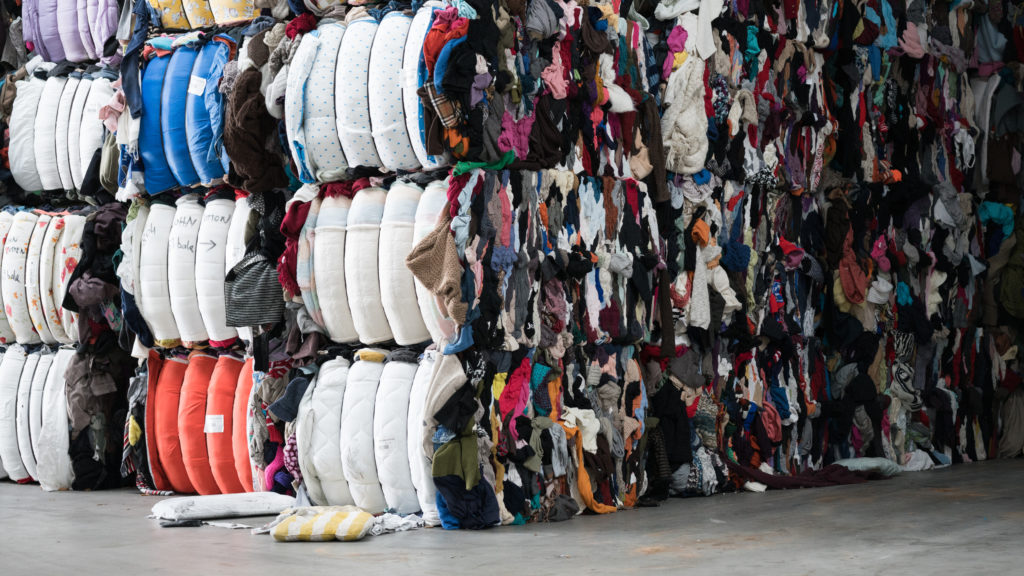Her comments came during the London event, which gathered stakeholders from across the clothing supply chain to discuss ways to increase the sustainability of the textiles industry.
With representatives from ethical and environmental groups also in attendance, the event looked to move towards finalising the actions that will make up the UK Sustainable Clothing Roadmap, following on from last year's first stakeholder meeting (see letsrecycle.com story) .
Responsibility
Key among the discussions was a debate on the possibility of the UK introducing a producer responsibility scheme for textile recycling, and, if this was to happen, whether such an initiative should be voluntary or implemented through legislation.
Thierry Senamaud, a representative of the French recycling bureau Federec, described the progress of producer responsibility legislation for textile recycling in France, where an eco-levy on textiles has passed through parliament and is now awaiting presidential decree before it can become law.
Support among the audience for introducing some form of producer responsibility was driven by concerns over a fall in the rate of textile recycling, with stakeholders stating that it lacked the profitability of reuse.
“A lot more can be done to promote recycling, not reuse and down-cycling,” one delegate argued, before going on to highlight the contamination problems caused by collecting textiles as part of commingled collections, stating that “it's a total no-no as far as textiles are concerned”.
However, one stakeholder who advocated producer responsibility stated that “the public do seem to like commingled collections and unfortunately that's the way the industry seems to be going at the moment”.
Chair for the session, Alan Wheeler, secretary of the Textile Recycling Association, concluded on producer responsibility: “It was unanimously felt that it was at least an initiative that should be given consideration.”
Infrastructure
A lot more can be done to promote recycling, not reuse and down-cycling
Sustainable Clothing Roadmap stakeholder
With reference to the UK clothing supply chain and its impact on textiles recycling, Mr Wheeler explained that the group had concluded that “it was felt that there were real issues regarding the recyclability of low quality clothing and improving the homogeneity of fibres”.
He added that stakeholders had also felt there was a need to “improve the overall size and intensity of the textile infrastructure”, with increased numbers of textile banks and other opportunities for textile recycling.
Concerns were also raised relating to the effect of bogus textile collections and the theft of clothing from collection bags, with Mr Wheeler explaining that stakeholders were worried it was creating “a sceptability in the public” about textiles collections. As a result some stakeholders had advocated the possible introduction of a code of conduct for those involved in textile collections.
Assessment
Dorothy Maxwell revealed that Defra had allocated £60,000 from this month (April 2008) to fund a feasibility assessment on sustainable end of life management for textiles.
She explained that the study would examine the textiles collection and sorting infrastructure in the UK, as well as reuse outlets and opportunities for both up-cycling and down-cycling, adding that “there is a strong policy rationale in the UK for closing the loop on textiles”.
During the day, stakeholders were also given an update on the progress of the Marks and Spencer and Oxfam Clothes Exchange, the textiles recycling initiative launched earlier this year (see letsrecycle.com story).
Matt Kelly of Marks and Spencer revealed that the first seven weeks of the scheme had seen 341 tonnes of his company's clothing handed in an Oxfam shops, claiming that this would equate to in excess of 2,500 tonnes of textiles annually being diverted from landfill, while Oxfam had issued 140,981 vouchers for discounts at the retailer as a result of the textile donations.
He said: “We believe we've managed to float the idea of textile recycling out there to a mass audience and now we want to raise the bar.”
Commenting further on the success of the scheme, he added: “It's innovative and brand new, now we want to roll out the challenge and see what other retailers can do.”
Exciting
In response, Terry Ralph, chair of the Textile Recycling Association, stated that “We find it very exciting that Marks and Spencer have started this initiative and we hope it will be followed up by retailers.”
However, he added that, with one million tonnes of clothing being sent to landfill every year, the initiative had “just scratched the surface”.
At the close of the event, Ms Maxwell stated that “on end of life my conclusion was that we need to have more discussions”, adding that it was a subject that had “opened a can of worms”.
She revealed that the next stage for the Sustainable Clothing Roadmap was to put together “a succinct action plan that effectively will be the roadmap going forward”, as well as the establishment of an active working group to monitor progress.











Subscribe for free